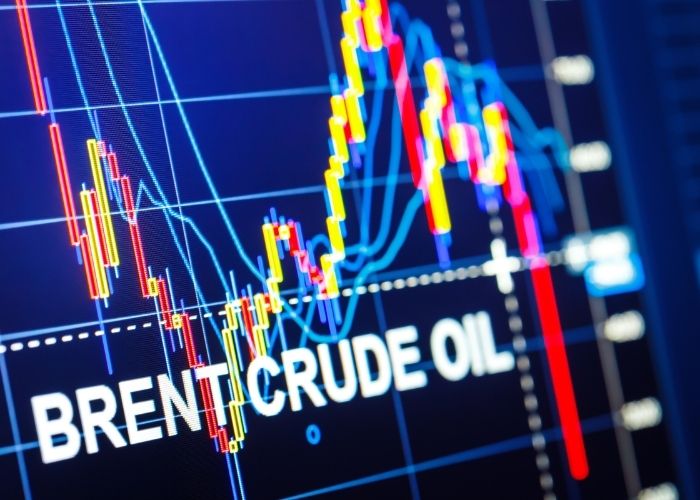MADRID – In Spain, petrol has not been this expensive for almost 10 years. The price of a barrel of Brent crude, the benchmark in Europe, rose above $90 this week. This is the first time since October 2014 and is expected to exceed $100 this year.
The impact of the increase in the price of Brent crude oil has been huge already this year alone. The new year began with four consecutive weeks of increases. The price of petrol in Spain is fast approaching the record price of €1.522 per litre reached in September 2012. Furthermore, it seems a matter of days before this record is broken.
The rise in oil prices directly affects petrol and diesel prices, essential fuels for global transport (trucks, ships, planes, etc…). To produce petrol and diesel, oil – also known as ‘black gold’ – is refined.
Demand high, supply low
Experts agree that the price rise is caused by an increase in demand for fuels. This is as a result of the economic recovery following the covid pandemic, which almost completely paralysed the world economy. ‘This increase in demand is occurring at a time when OPEC is reluctant to increase production levels more than expected and therefore there is a shortage of supply,’ explains Elena Díaz Aguiluz, professor of economics at the University of Comillas. She believes that the conflict between Russia and Ukraine is affecting fuel prices in a ‘temporary’ way, as the price increase started in November 2020 and only stopped in August. ‘This increase is not due to the war,’ she concluded.
‘OPEC has decided to keep the plan to increase crude oil production by 400,000 barrels per day in February unchanged,’ said economic analyst Victoria Torre, director of Oferta Digital at Singular Bank.
Díaz cites two other factors that are not helping to keep prices in check; ‘We are in a time of uncertainty with central banks, which could raise interest rates. This is inhibiting, as the financing of projects is more expensive. Added to this is the lack of investment to increase production (search for new oil wells, new extraction techniques…) that was already in place in the years leading up to the pandemic, prompted by the energy transition and the Paris Agreement’.
How long will this upward trend continue?
Furthermore, analysts say the rise in fuel prices ‘is likely to continue in the short term’. ‘The International Energy Agency (IEA) has stressed that demand is stronger than expected, while the US Energy Information Administration is forecasting a further decline in global crude oil inventories in the first quarter of the year,’ Torre says. She adds: ‘The development of the situation in Ukraine will be crucial because of its impact on energy prices, especially in Europe, given its dependence on oil and natural gas supplies from Russia’. Díaz predicts: ‘As long as the economic recovery continues, prices will continue to rise. This trend will continue at least this year’.
Spanish prices below European average
Despite the high fuel prices in Spain, the price is below the European average. In the past week, the average petrol price in the European Union reached €1.66/litre, while diesel paid €1.547/litre. For example, fuel prices in Spain are lower than in Germany (€1.743 petrol / €1.616 diesel), France (€1.724 petrol / €1.654 diesel) or Italy (€1.778 petrol / €1.647 diesel).
In Spain, taxes on fuel are lower than in other European countries. That is why prices are lower here, although the price of a barrel is set on the world market,’ Díaz said. Since the last fuel tax reform, which has been in force since 2019, fuels have been taxed with the special tax on hydrocarbons (IEH). This tax consists of a general and a special instalment and is a fixed amount, not a percentage. To this amount, 21% VAT must be added. The taxes account for approximately 50% of the final price of fuels.
Related posts:


